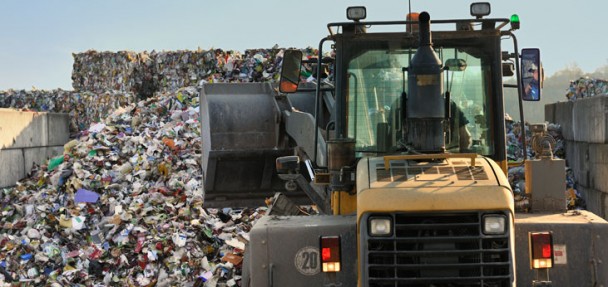No matter what industry your business is in, waste is a normal part of daily operations. Still, you may be accruing more than your fair share. In terms of waste from leftover products or foods, overused energy, discarded product packaging, wasted water, and even underutilized resources, there are both small and large ways you can confront, cut down, and streamline waste production.
Invest in Energy Efficiency
The waste of energy may not be something you can hold or physically throw into the garbage but it’s waste nonetheless, and it probably costs your business hundreds or thousands of dollars a year. One way to combat energy waste is to participate in the energy-efficiency programs put forth by your area’s utility provider. Additionally, look into the many Energy Star resources that can help your business improve its energy efficiency.
Following manageable tips could save you from wasting energy that you don’t even need. Turn off lights and equipment when not in use, as this can be one of the biggest contributors to unnecessarily high utility costs. Use fans instead of air-conditioning to maintain a comfortable temperature, replace all light bulbs with energy efficient bulbs, block direct sunlight through windows, turn off machines when not in use to avoid phantom loads, and shut off or put your computer to sleep rather than using a screen saver.
Discarded Packaging
The packaging that products are stored in can cost you a lot more money than you think. According to Entrepreneur magazine, discarded packaging makes up a whopping 40 percent of landfill waste. Successful emerging start-ups strive to eliminate or seriously reduce packaging to cut down on their environmental impact as well as to save on their bottom line, and many big retailers are following suit. It’s no secret that cutting down on packaging saves money, but learning how to implement a new policy is key. Entrepreneur outlines the story of a small start-up that is trying to implement a package-free/zero waste organic grocery store that offers natural foods in bulk. It provides recyclable, reusable containers and encourages consumers to bring containers from home to transport their purchases.
Benefits to Business
There are many benefits to businesses when they start reducing waste. According to the North Carolina Cooperative Extension Service, these advantages can include saving money on supplies, conserving natural resources, reducing waste disposal costs, and reducing the impact on the environment. Ways to reduce, reuse and recycle can include ordering materials in bulk to cut down on packaging, utilizing re-manufactured office equipment, returning and reusing wooden pallets, using returnable containers, utilizing a landscape design that requires little water to cut down on water waste, buying recycled paper, and returning cardboard boxes and packaging pellets to the distributor for reuse.
The Environmental Protection Agency (EPA) says that in this country alone in 2011, nearly 14 million tons of plastics used as containers and packages were generated, with only eight percent recovered for recycling. As a business owner, you can cut down on waste in small ways to save operating costs and the environment.
This article was provided by Chase Heinz, recent business grad and earth-friendly entrepreneur. If you’re looking for better trash management at your place of business, Chase recommends trash chutes for commercial buildings.
